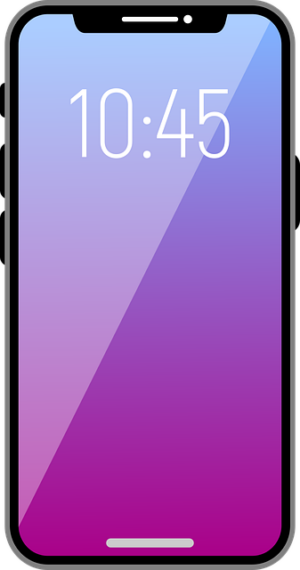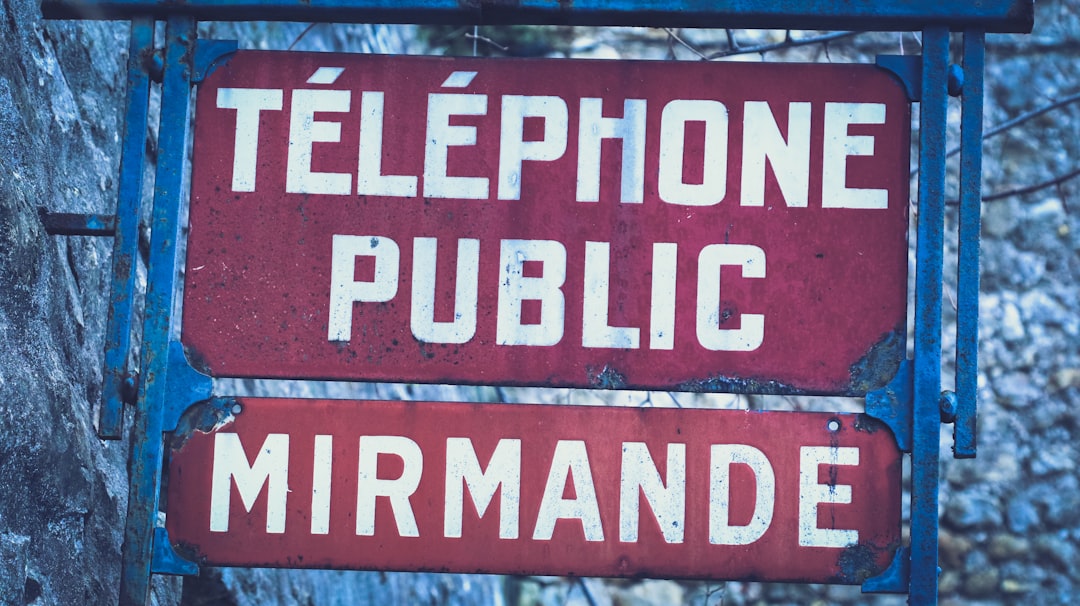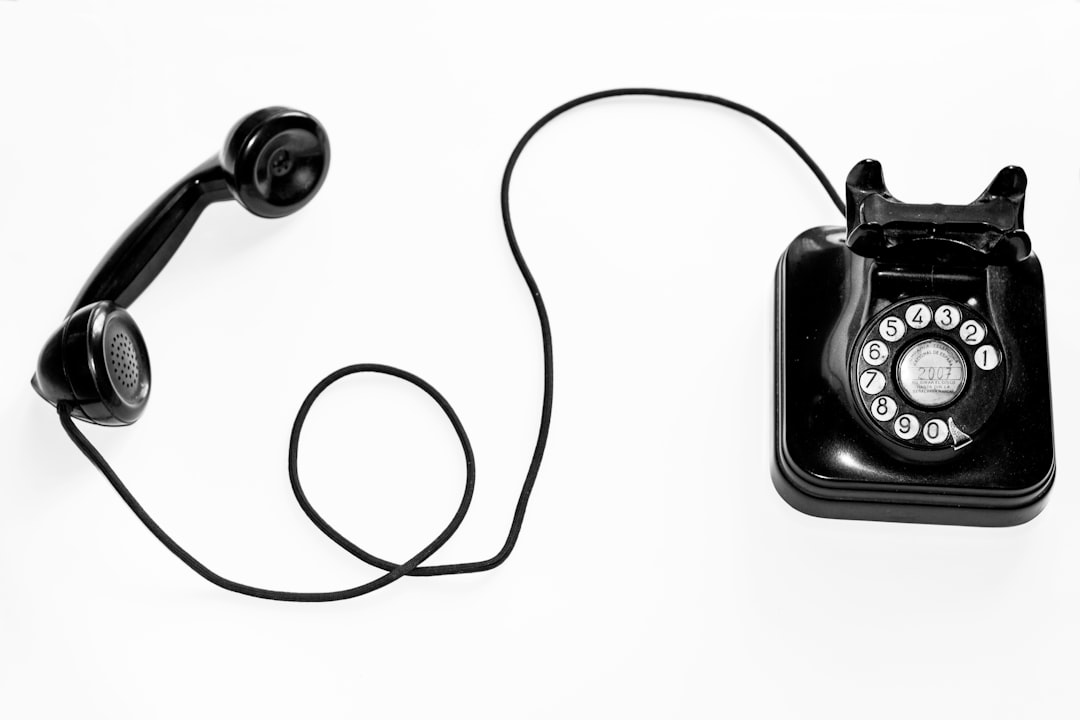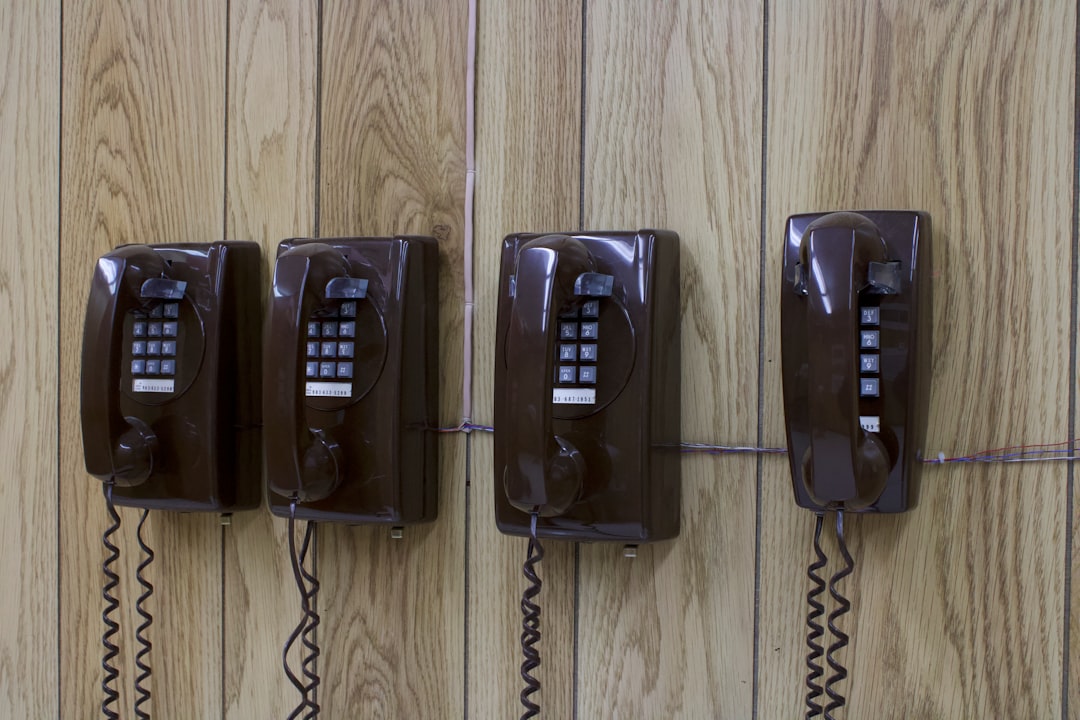In Nebraska, autodialers are essential tools for lawyers to communicate with clients efficiently, but their use comes with strict legal obligations, including Do Not Call lists, consent requirements, and time restrictions. Autodialer attorneys must balance technology and ethics while staying current with state laws like the Telephone Consumer Protection Act (TCPA). Integrating AI and machine learning can personalize marketing, improve engagement, and ensure compliance. To maintain consumer trust, firms should implement ethical telemarketing practices, minimize calls during sensitive times, obtain explicit consent, and respect do-not-call lists. "Autodialer attorneys Nebraska" play a crucial role in guiding businesses through these complexities to ensure legal adherence and operational efficiency.
The future of autodialers is a topic of growing interest for attorneys in Nebraska, as these automated communication tools continue to evolve and adapt. This article explores the role of autodialers in legal practice within the state, delving into their capabilities, emerging trends, and regulatory implications. From enhancing efficiency to navigating legal boundaries, understanding how autodialers are transforming communication strategies is crucial for Nebraska’s legal community. Discover best practices and stay ahead of the curve as we uncover the future of autodialer usage for attorneys in this dynamic landscape.
Understanding Autodialers and Their Role in Legal Communication in Nebraska
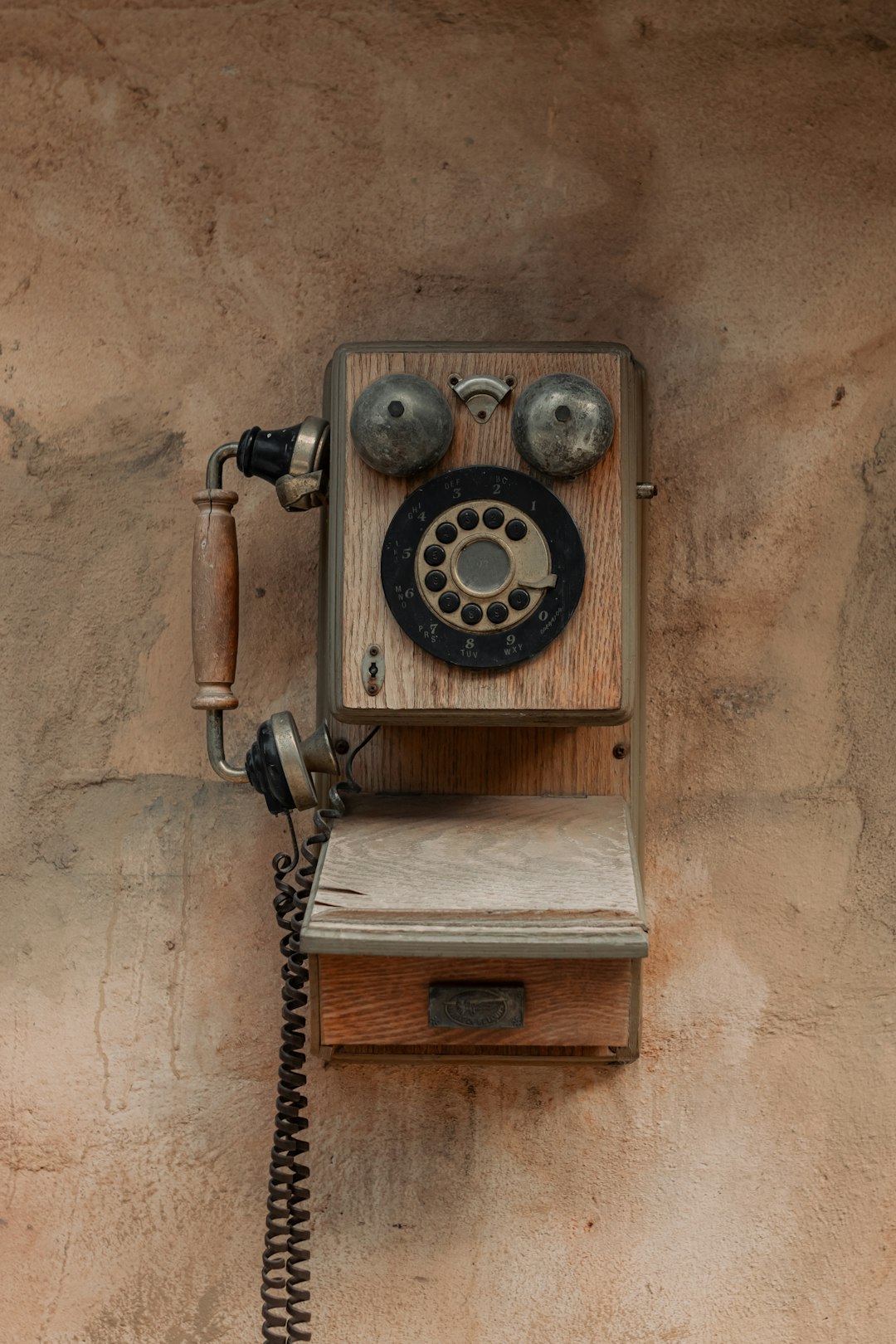
In Nebraska, just like in many other states, autodialers have become a common tool for legal communication among attorneys and their clients. These automated phone systems are designed to streamline processes such as appointment scheduling, case updates, and reminders, thereby enhancing efficiency and accessibility in legal services. However, the use of autodialers is not without its legal considerations. In Nebraska, regulations around autodialing, including the Do Not Call lists and consent requirements, must be strictly adhered to to ensure compliance.
Attorneys in Nebraska utilizing autodialers play a crucial role in navigating these regulatory waters while leveraging technology’s advantages. They must ensure that all calls are made with proper consent, respect unsubscribes, and adhere to time restrictions, as outlined by the state’s laws. By doing so, they not only maintain ethical standards but also foster trust among their clients, ensuring a seamless and compliant experience in an increasingly digital legal landscape.
Emerging Trends Shaping the Future of Autodialer Usage in Nebraska
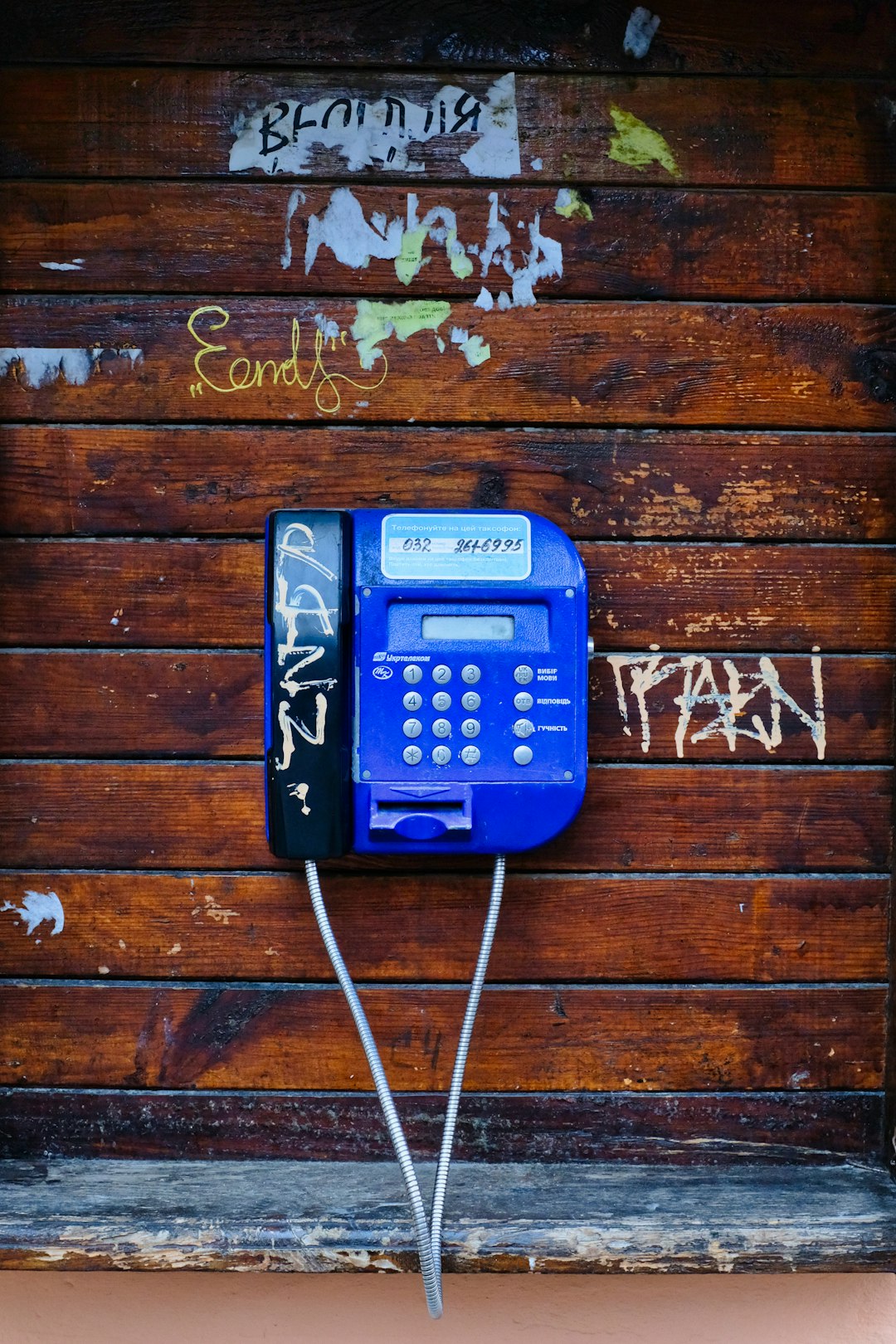
The future of autodialers in Nebraska is being shaped by a wave of emerging trends, driven largely by technological advancements and changes in consumer behavior. One of the most significant shifts is the increased adoption of artificial intelligence (AI) and machine learning algorithms in autodialer systems. These technologies enable more personalized and targeted marketing campaigns, improving customer engagement while adhering to strict Nebraska laws governing telemarketing practices. AI-driven autodialers can learn from customer interactions, adapt messaging, and improve conversion rates for law firms utilizing them.
Additionally, as the digital landscape evolves, there’s a growing demand for seamless omnichannel communication experiences. Autodialers are evolving to integrate seamlessly with various channels, such as email, SMS, and voice, allowing Nebraska-based attorneys to connect with potential clients through their preferred methods. This trend not only enhances client relationships but also ensures compliance with regulations that mandate clear and consents-based communication practices.
Regulatory Considerations for Autodialers in Nebraska: What Attorneys Need to Know

In Nebraska, the regulatory landscape surrounding autodialers is evolving to protect consumers from unwanted phone calls. Attorneys representing businesses utilizing autodialing technology must stay abreast of changes in state laws and regulations. Key considerations include compliance with the Telephone Consumer Protection Act (TCPA) and similar state-specific legislation. The TCPA restricts automated telephone marketing, mandating explicit consent from recipients before making sales or marketing calls. Nebraska has its own strict rules regarding telemarketing practices, further emphasizing the need for businesses to ensure their autodialing systems are compliant.
Attorneys should familiarize themselves with the specific requirements, such as proper call identification, opt-out mechanisms, and recordkeeping procedures. Non-compliance can result in significant penalties, including class action lawsuits and financial fines. Understanding these regulatory considerations is crucial for businesses aiming to navigate the future of autodialing in Nebraska effectively while adhering to legal mandates and maintaining consumer trust.
Maximizing Efficiency: Best Practices for Implementing Autodialers in Nebraska Law Firms

In the quest for maximizing efficiency, Nebraska law firms employing autodialers must adhere to best practices tailored to local regulations and consumer preferences. The effective use of autodialers involves balancing automation with human touch, ensuring compliance with Nebraska’s do-not-call lists, and personalizing communication to foster client relationships rather than invoke annoyance.
Implementing successful autodialer strategies requires a deep understanding of the legal landscape in Nebraska. Firms should invest time in training staff on ethical telemarketing practices, minimizing automated calls during sensitive times like evenings or weekends, and obtaining explicit consent for marketing purposes. By embracing these measures, law firms can harness the power of autodialers to streamline case management, improve client outreach, and enhance overall operational efficiency in a manner that aligns with Nebraska’s legal and consumer expectations.


